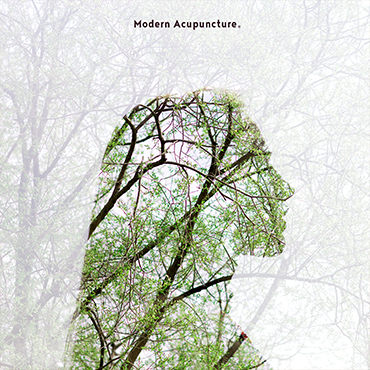Unveiling How Acupuncture Stimulates the Central Nervous System

Acupuncture, an ancient practice rooted in Traditional Chinese Medicine (TCM), has been captivating people around the world for centuries. This holistic healing technique involves the insertion of thin needles into specific points on the body to alleviate pain, reduce stress, and promote overall well-being. While acupuncture's effectiveness is well-documented, the mechanisms behind its healing powers have long intrigued both practitioners and researchers. One key aspect of acupuncture's magic lies in its ability to stimulate the central nervous system.
Understanding the Central Nervous System
Before we delve into the specifics of how acupuncture interacts with the central nervous system, let's briefly discuss what the central nervous system (CNS) is and its role in the body. The CNS is comprised of the brain and spinal cord, serving as the command center of our body. It plays a pivotal role in controlling our thoughts, emotions, movements, and bodily functions, making it an integral part of our overall health and well-being.
How Acupuncture Works
Acupuncture is based on the belief that vital energy flows through pathways in the body. When there is an imbalance or blockage, it can result in various physical and emotional ailments. Acupuncture aims to restore movement within the body by stimulating specific acupuncture points along the pathways.
The Stimulation of Acupuncture Points
Acupuncture points are carefully chosen based on the individual's condition and symptoms. Once the needles are inserted into these points, they can have several effects on the central nervous system:
NEURAL ACTIVATION: The insertion of acupuncture needles triggers nerve endings in the skin and underlying tissues. This stimulation sends signals to the brain and spinal cord, activating various neural pathways. These signals can affect the perception of pain, modulate neurotransmitter release, and influence various physiological processes.
PAIN MODULATION: Acupuncture has been shown to stimulate the release of endorphins, which are the body's natural painkillers. These endorphins can help reduce pain and promote a sense of well-being, providing relief from conditions like chronic pain, headaches, and arthritis.
AUTONOMIC NERVOUS SYSTEM REGULATION: The autonomic nervous system (ANS) plays a crucial role in regulating involuntary bodily functions like heart rate, digestion, and respiratory rate. Acupuncture can help balance the sympathetic (fight or flight) and parasympathetic (rest and digest) branches of the ANS, leading to reduced stress and improved relaxation.
NEUROTRANSMITTER RELEASE: Acupuncture can influence the release of neurotransmitters like serotonin and dopamine, which are involved in mood regulation. This can explain its effectiveness in treating conditions like anxiety, depression, and addiction.
Scientific Research on Acupuncture's CNS Effects
Numerous studies have investigated acupuncture's impact on the central nervous system. Functional magnetic resonance imaging (fMRI) and positron emission tomography (PET) scans have shown that acupuncture can lead to changes in brain activity and connectivity, especially in areas associated with pain perception, emotional processing, and the autonomic nervous system.
One study published in the journal "Nature Neuroscience" in 2012 found that acupuncture increased the release of adenosine, a natural compound with pain-relieving and anti-inflammatory properties. This suggests that acupuncture's effects on the central nervous system are not limited to neural pathways but also involve chemical signaling.
Acupuncture's ability to stimulate the central nervous system is a key aspect of its therapeutic effects. By activating neural pathways, modulating pain perception, regulating the autonomic nervous system, and influencing neurotransmitter release, acupuncture can provide relief from a wide range of physical and emotional ailments. While more research is needed to fully understand the intricacies of acupuncture's interaction with the central nervous system, its effectiveness in promoting holistic healing and well-being is undeniable. If you're considering acupuncture as a complementary therapy, consult with a qualified practitioner to explore how it can benefit your health and vitality.
[Back to main news page]



